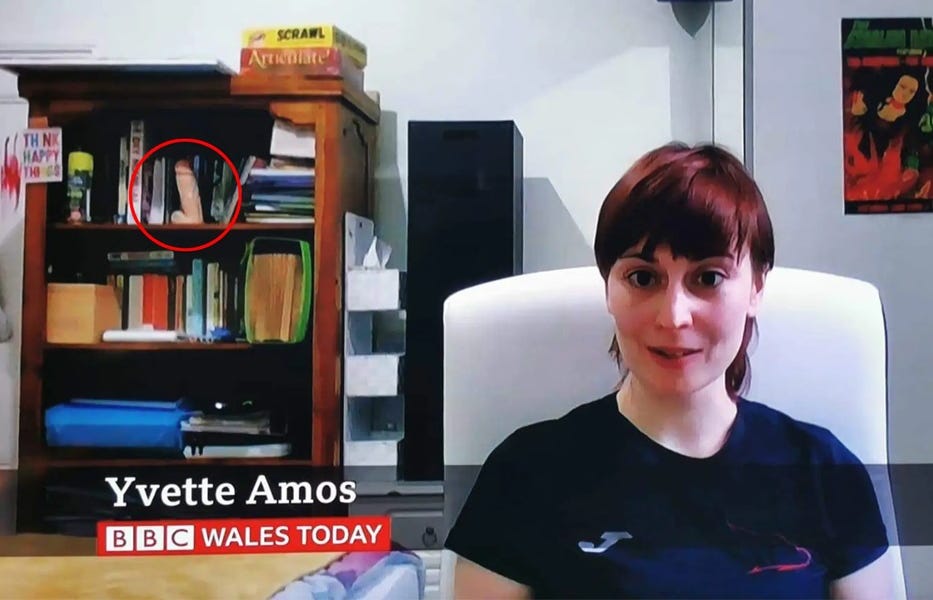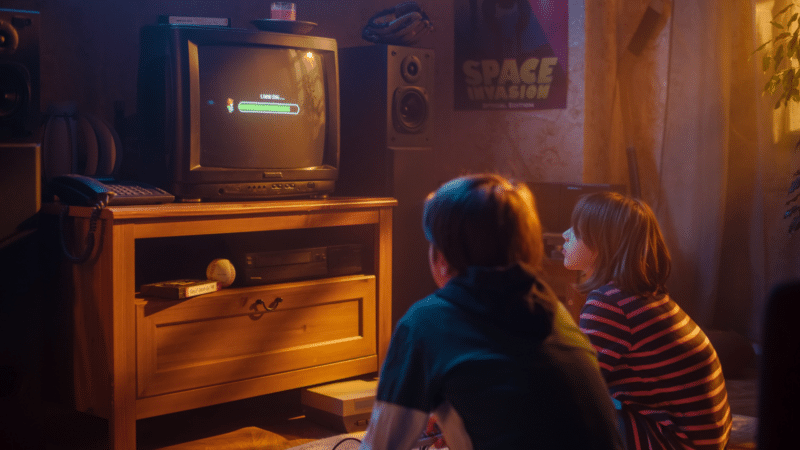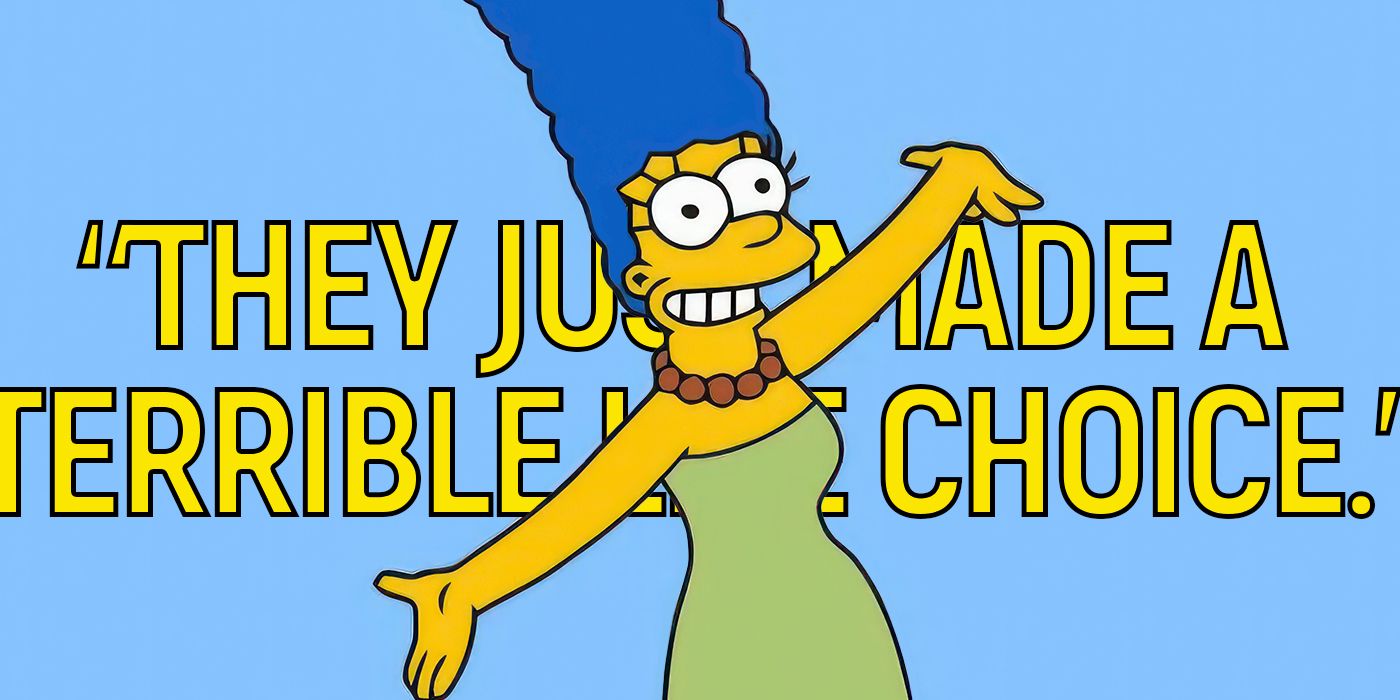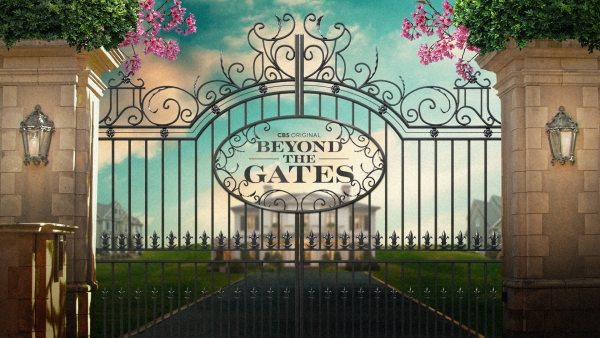As a probing of what’s lost by a country—morally, culturally, and environmentally—when progress becomes synonymous with a purging of the past, and as an identity-conscious narrative, “We Have Never Been Modern” is an exhilarating swing by an astute filmmaker.

While Robert Hloz’s dystopian sci-fi flick “Restore Point” takes place in 2041, you can sense similar moral quandaries here as in “We Have Never Been Modern.” In the film’s imaginative script written by Tomislav Cecka and Zdenek Jecelin, Detective Trochinowska (Andrea Mohylová) investigates a terrorist group called “River of Life,” linked to several murders. In this future, if you die of unnatural causes, a backup of your memory makes it possible to revive and restore you to the point of your last upload. It’s an evading of mortality that River of Life finds morally abhorrent, so they’ve been perpetrating attacks nationwide to undermine the system. Two years ago, one such attack took the life of Trochinowska’s husband.
When the bodies of David (Matěj Hádek), the head of research for restoration, and his wife are discovered, all signs point toward the terrorist group. Those suspicions become muddled, however, by the evasiveness of the cold company head Rohan (Karel Dobrý) and the intense interest of Europol agent Mansfeld (Václav Neužil) to sweep the tragedy under the rug. Only Trochinowska and a mysteriously revived David can discover the truth of what happened the night of his murder and to the woman he loved.
Hloz’s world-building—in a film that’s a cross between “Minority Report” and “Blade Runner”—is gripping. He loves capturing the curving surfaces of buildings, meant to mirror the circuitous route the investigation takes. From crime scenes filled with holograms to luxe interior spaces, the techy aesthetics of the production design further feeds seamlessly into the story. Hloz also doesn’t mind winking at his other prominent influence, Mary Shelley’s Frankenstein, during the film’s action-packed finale. Outside of the recurring motif of Claude Debussy’s “Clair de Lune,” unfortunately, the score can be overwrought.








































![Spider-Man Is Back in Black With the Green Goblin in New Funko Pop! Figures [Exclusive] Spider-Man Is Back in Black With the Green Goblin in New Funko Pop! Figures [Exclusive]](https://static1.colliderimages.com/wordpress/wp-content/uploads/2025/03/spider-man-the-animated-series-green-goblin.jpg)





























